
PERFORMANCE REVIEW
Wind Phone, Operomanija: Notes on Vulnerability, Longing and Love
Phone booth opera
Things I Didn’t Dare to Say, and It’s Too Late Now
World premiere: 1st December 2023, Lithuanian National Drama
Theatre, Vilnius.
[1]
Jelena Novak
Sound Stage Screen, Vol. 3, Issue 2 (Fall 2023), pp. 167–76, ISSN 2784-8949. This work is licensed under a Creative Commons Attribution-ShareAlike 4.0 International License. © 2024 Jelena Novak. DOI: https://doi.org/10.54103/sss24029.
Director & Dramaturge: Kamilė Gudmonaitė
Composer: Dominykas Digimas
Playwright/director: Toshiki Okada
Set Designer & Author of Video Projection Concept: Barbora Šulniūtė
Choreographer: Mantas Stabačinskas
Costume designer: Juozas Valenta
Lighting designer: Julius Kuršys
Video Designer: Jurgis Lietunovas
Music Director & Conductor: Ričardas Šumila
Choirmaster: Povilas Butkus
Director’s Assistants: Agnė Ambrozaitytė, Kotryna Siaurusaitytė, Deivydas Valenta
Producers: Operomanija, Lithuanian National Opera and Ballet Theatre, and Lithuanian National Drama Theatre, Vilnius
Boy Naglis— Teodoras LIPČIUS (descant)
Brother— Ryo ISHIMOTO
Sisters— Emilija KAROSAITĖ, Viktorija ZOBIELAITĖ (dancers)
Mother— Vitalija MOCKEVIČIŪTĖ
Grandfather— Vytautas RUMŠAS
Passengers— Diana ANEVIČIŪTĖ, Jolanta DAPKŪNAITĖ, Arūnas
VOZBUTAS
Passengers and other characters— LNOBT choir singers:
Gintarė RADAUSKAITĖ, Olga RADZEVIČIENĖ, Lina ŠARKIENĖ (sopranos), Monika
BUOŽYTĖ, Jovita DOVSEVIČIŪTĖ, Evelina GREICIŪNAITĖ, Julija SMOLIČ, Anna
TROŠINA (altos), Egidijus JONAITIS, Mantas IVANAUSKAS, Kęstutis PAPARTIS,
Georgij POPOV (tenors), Dainius JAKŠTAS, Žygimantas JASIŪNAS, Donatas
ŽUKAUSKAS (baritones), Povilas BUTKUS, Šarūnas ČEPULIS, Martynas KINDURYS
(basses)
It is the late afternoon of December 3rd, 2023. We are in Vilnius, navigating its snow-covered streets towards the Lithuanian National Opera and Ballet Theatre (LNOBT). LNOBT co-produced the “phone booth” opera Things I Didn’t Dare to Say, and It’s Too Late Now , which had its world premiere just two days prior. My intention was to meet Ana Ablamonova, the founder of another co-producer, Contemporary Music Theatre Company Operomanija, a platform built to support unconventional opera and musical theater in Lithuania. [2] Upon reaching the building of LNOBT, I realize that the performance will actually happen at another venue. So we continue through the snow towards the Lithuanian National Drama Theatre (LNDT) instead. LNDT is the third co-producer of Things I Didn’t Dare to Say and the actual host of the performance on its stage.
Being a relatively small city, Vilnius allows us to navigate through the icy streets quickly, and to arrive at the right place without much delay. En route, we walk by an advertisement that deserves a brief detour: a poster for the opera Sun and Sea by Vaiva Grainytė, Lina Lapelytė, and Rugilė Barzdžiukaitė, scheduled to be performed in Vilnius also in December. This opera installation made a significant mark on the world of contemporary opera when it premiered in 2019. For their work, the trio of authors received the Golden Lion at the Venice Biennale. The provocation of Sun and Sea lies in its seamless integration of various elements drawn from across the realms of visual art, performance art, and opera. I had the opportunity to see it both in Rotterdam in an industrial context and recently in my hometown of Belgrade, performed in an art gallery. The experience was gratifying, transporting us to a summer holiday atmosphere with a critical turn. While Sun and Sea tells a completely different opera story, it is pertinent to the focus of this review. For the two operas emerge from a shared set of circumstances, and that is the cultural context of Lithuania, context which has enabled Operomanija, a tiny company with only three employees, to organize about two hundred events of music theatre in 2023. [3]
In front of the Lithuanian Drama Theatre, our attention is immediately drawn to the elegantly illuminated phone booth (Figure 1). It had previously stood in front of LNOBT from February to October 2022. During that time, it served as an open invitation for anyone to step inside and engage in one-way conversations on the phone, equipped with a recording device. That evening, the phone booth remained functional, waiting for visitors in front of the venue as a portent of things to come, and maybe also as a reminder of longing. I decided to try it, and as soon as I picked up the receiver a message in Lithuanian indicated, I assume, that I would be recorded. A printed textual instruction was also on display. I left there a few words in my mother tongue, just for the record.
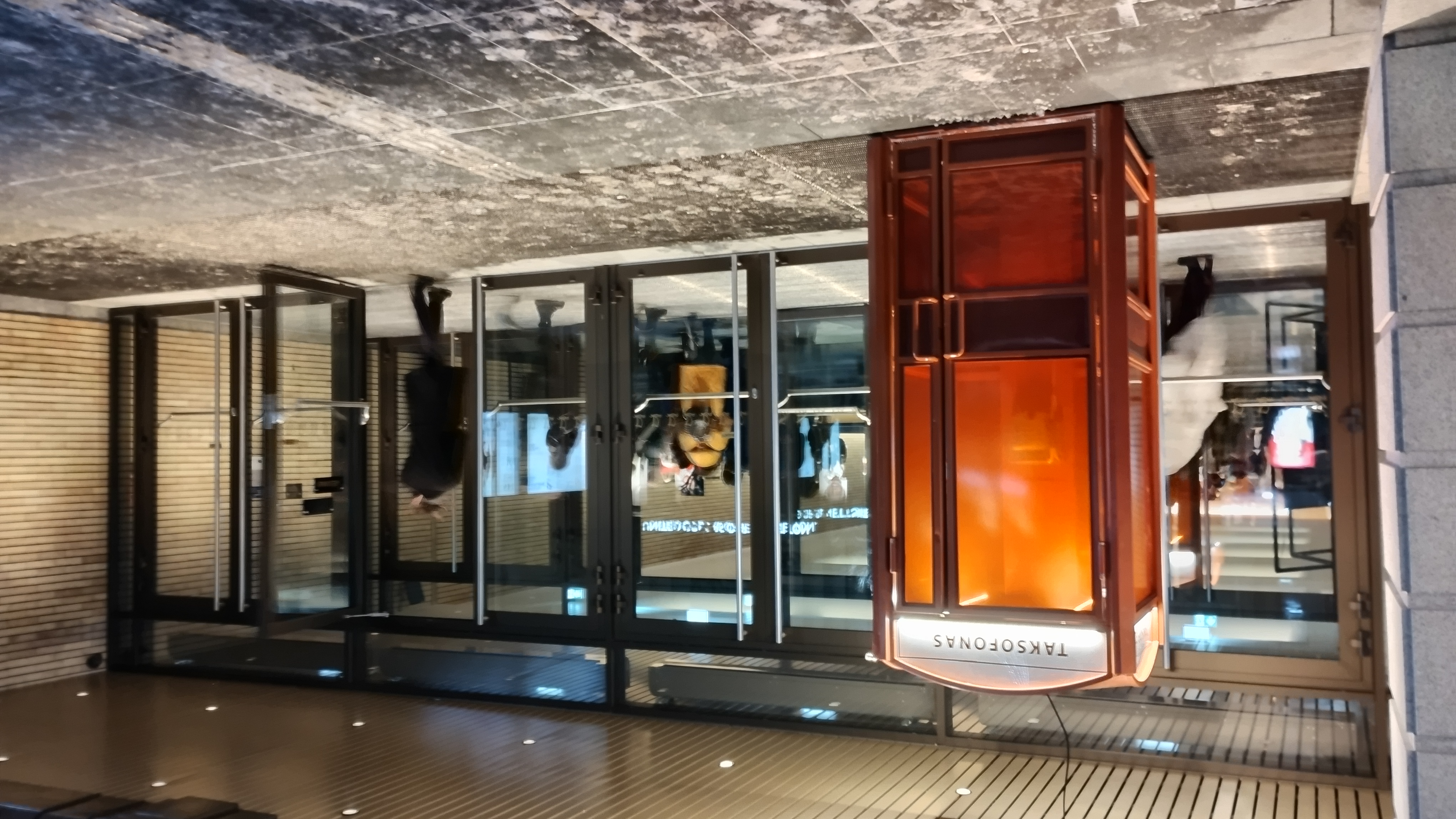
Fig. 1 – Phone booth in front of the Lithuanian National Drama Theatre. Photo by Jelena Novak.
In 2010, Itaru Sasaki from Otsuchi, Japan, learned that his beloved cousin
had cancer and only had three months to live. After his cousin’s death,
Sasaki built an old telephone booth in his backyard so that he could
communicate with the deceased every day and have his words carried away by
the wind. In 2011, a tsunami struck the Otsuchi area, killing ten percent
of the city’s population. Gradually, people became aware of the telephone
booth and started visiting Itaru Sasaki’s garden to call their lost loved
ones.
From 1 March 2022, just one week after Russia started the war in Ukraine,
an old telephone booth, identical to the wind phone that stood in Japan,
was installed next to the Lithuanian National Opera and Ballet Theatre.
People were invited to come and “call” those to whom they didn’t have the
chance to say what they wanted in time, and now it was too late. In over
six months, the phone has been picked up about 4000 times. The audio
recordings of all the authentic stories became the basis for the opera’s
libretto. [4]
Those two paragraphs, taken from promotional materials, reveal the inspiration for the piece. Sasaki’s installation subsequently became known as a “wind phone” and replicas of it were installed around the world.
The main two characteristics of the “wind phone” are that it is not connected to a phone network as a “real” device, and because of that all the conversations can only be one-way affairs. So, it is not a phone in a strict sense of the word, as it does not transmit the voice anywhere. A person goes there to imagine, invent or re-enact the conversation with someone who does not exist anymore and to virtually spend time talking and thinking to that person, as in a kind of confessional. Yet in that confessional there is no listener. The speaker is the only listener.
The wind phone is actually a stage that temporarily accommodates a “theater” for the voice—a theater of monologues, with people mostly discussing the traumatic experience of losing a loved one and coping with that void. The phone device serves as a prop that facilitates the speakers’ monologue and makes them more prone to relieve the burden from their hearts. The “mechanism” of this phone also delves into the very nature of conversation itself. When we talk to someone, we are also talking with ourselves; we mirror what we know, what we feel, what we are afraid of, and what we hope for. So, the absence of a real listener is, in this case, used as a poetic license. The conversation becomes a soliloquy, a séance , a remorse, a documentary—almost an imprint of emotional burden in a voice.
Even before the show began, the solitary and reflective atmosphere of the phone booth in front of the theater set the stage for intimacy. The voices used in this opera convey more through what they don’t say than through words. The most intriguing and moving meanings are hidden in the intonation and the manner of speaking. It’s as if the entire person is encapsulated within a voice, complete with a whole spectrum of emotional nuances.
The opera opens with a small boy entering the stage and standing by yet another phone booth, albeit an empty one (Figure 2). He delivers an introduction to the opera in Lithuanian. The scene itself is minimalist, and the dynamics between the boy, the booth and the light remind one of Robert Wilson’s directorial style. Following the boy, various characters appear on stage, one at a time, costumed as passengers carrying their baggage. Each of them briefly shares a few words about their predicament. I suppose those characters represent all those who came and “confessed” their longings in the phone booth, and whose vocal recordings were used as the sonic and musical tissue of the opera. After we get to know the characters that come and go across the stage the boy reappears. He enters into the phone booth and eventually pushes it off stage.
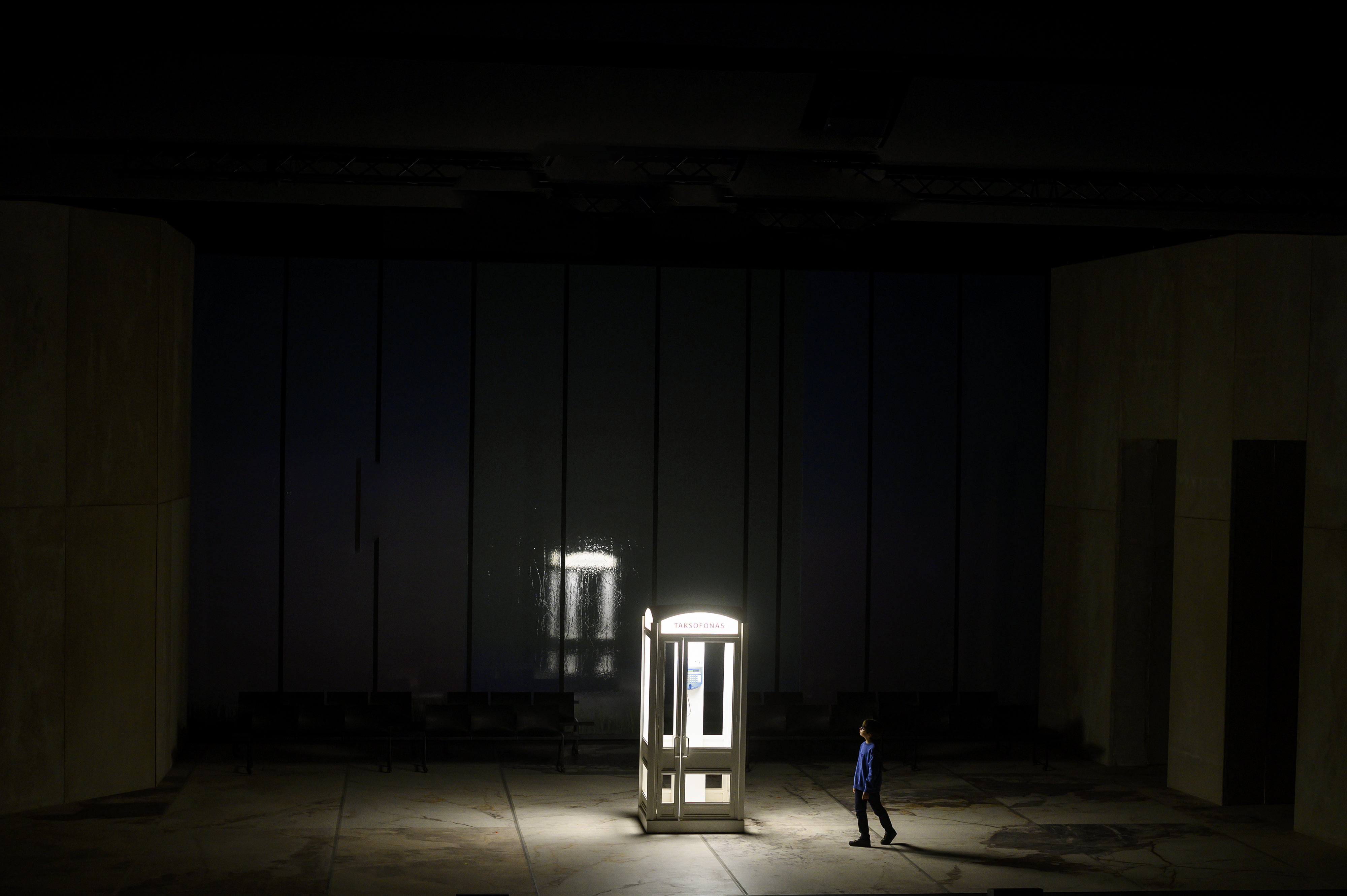
Fig. 2 – Things I Didn’t Dare to Say, and It’s Too Late Now, opening scene. Photo by Dmitrijus Matvejevas © Lithuanian National Drama Theatre.
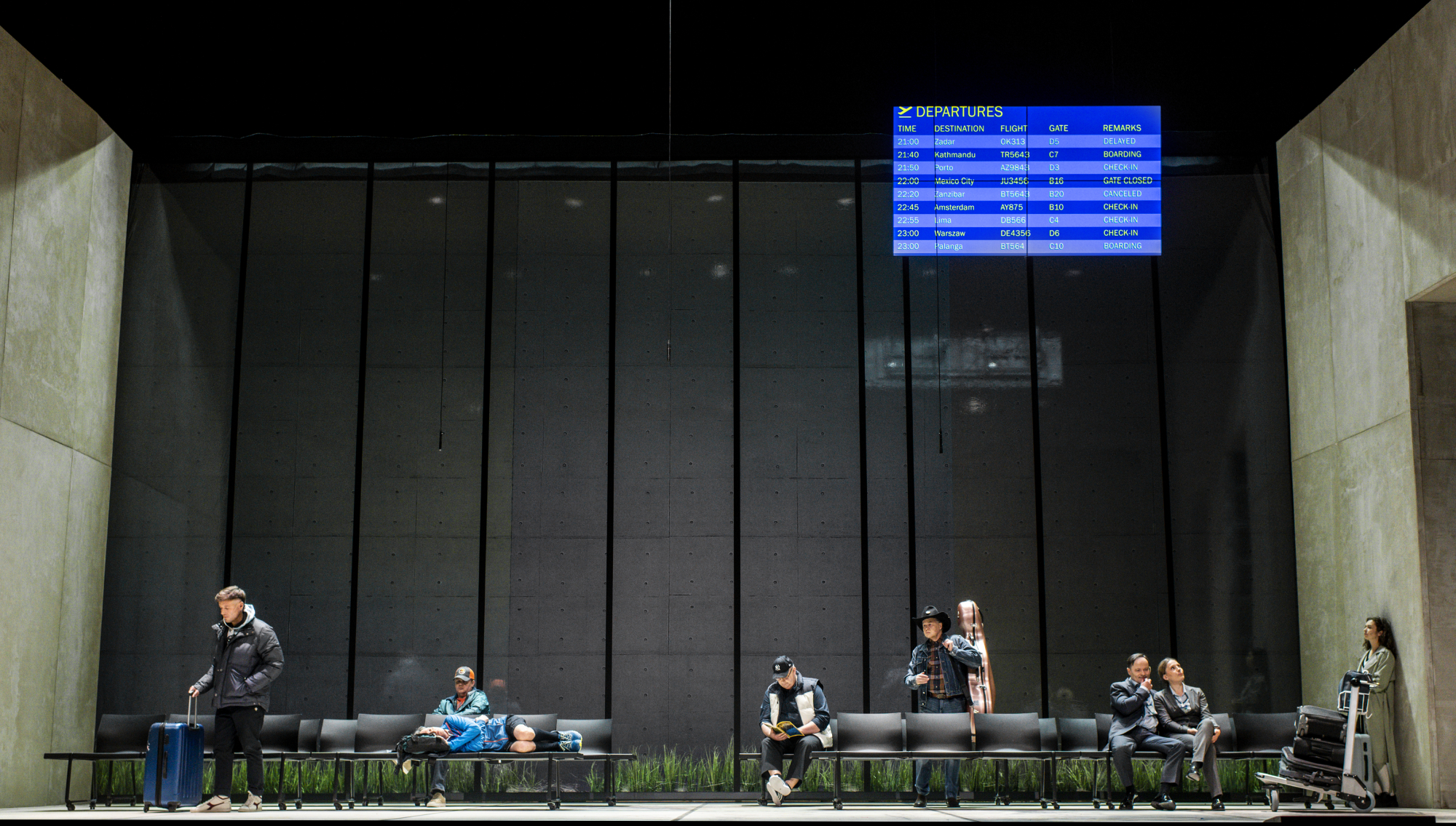
Fig. 3 – Things I Didn’t Dare to Say, and It’s Too Late Now, airport scene. Photo by Dmitrijus Matvejevas © Lithuanian National Drama Theatre.
In the background, ambient music featuring marimba and strings builds up the atmosphere. Suddenly, the stage morphs into what looks like a departure hall of an airport (Figure 3). An airport departures board displaying numerous cities—Dubrovnik, Kyiv, Lisbon, Amsterdam, Oslo, Madrid, New York, among others—captures the audience’s attention. Some of the passengers from the introductory scene reappear here, creating a stage ambience reminiscent of capitalist realism, and the work of such directors as Peter Sellars. A certain post-minimalist aesthetic purity lends the performance an air of abstraction. As the scene unfolds, a man and a boy, perhaps a grandfather and grandson, enter the stage playing with a remote-controlled toy car.
Loudspeakers playback fragments of confessions made in the phone booth. Sometimes we hear only the voice speaking; at other times, the intonation of that voice is transposed into the choir on stage, which develops the motif further by singing and layering it as in a kind of madrigal. Sometimes, the motif is found in the instrumental ensemble. The entire musical fabric of this opera is a network that grows from the intonations and the atmospheres brought about by the recorded voices. Sometimes the statements are extremely intimate and sad, revealing the vulnerability of human nature and the insecurities that fill our relationships.
The libretto consists of transcripts of the selected phone booth recorded monologues. In the first part, it brings together the background to several love stories, all of which appear to be heteronormative and culminate in separation or loss. The male or female voices mostly express remorse, grief, and longing, feeling emptiness as the love they talk about will never have a “happy ending.” The second chapter gathers several monologues about grandparents. These are warm stories about unconditional love and longing. The fragment of one monologue directed to a deceased grandmother illustrates the atmosphere:
Don’t worry, I have cut the grass, pruned the trees and trimmed the hedge. All is well in the garden. Of course, your hands are missing. The strawberries don’t grow, the raspberries don’t bloom so well, the currants don’t yield so much. I miss you. We all miss you. I know you hear me. I know you hear me and you answer, but I can’t hear you in this city noise. [5]
And the singing voices pick up the above-quoted text, continuing to develop it musically.
(…)
All is well in the garden, all is well
I have cut the grass, pruned the trees
All is well in the garden, all is well
All is well, in the garden, well
(…)
Another fragment of the libretto deals with exchanges between brothers and sisters while the last section gathers conversations with parents who are no longer alive.
Unexpectedly, a woman in the audience begins to cry. Perhaps she recognized her own reflection in the poignant scene where a daughter calls her deceased father through the wind phone… Her companion comforts her, holding her hand. This moment is cathartic, revealing the underlying mechanism of this opera performance. We identify with what we hear as if we were the ones uttering the monologues. There is no acting, pretence, or artistic embellishment in the recorded excerpts. Those voices convey genuine emotions—grief, hope, love, and remorse. These individuals are imprinted in their vocal recordings at their most vulnerable. This vulnerability resonates with the audience. The intonation of the voices conveys authenticity, and the reality of their experiences is palpable. Singing further amplifies and elevates this vulnerability, creating a profound connection between the performers and the audience.
One of the most poetic scenes features Ryo Ishimoto. He stands alone on stage with a large fan. As the fan starts to blow, a big parachute, handled by Ishimoto himself, fills with air (Figure 4). Minimalist and highly symbolic, the image of the man with the parachute likely represents Itaru Sasaki and his words as carried by the wind (which inspired and encouraged many of his compatriots to relieve their grief in the wake of the Tohoku Earthquake and Tsunami). By comparison, the scene where two female characters suddenly start to sing (with microphones) Kate Bush’s song “Running Up that Hill (A Deal With God)” appears as a sudden transgression: a cabaret performance that comes from a different realm. However different from the postminimalist atmospheric ambience of Dominykas Digimas’ music for this opera, this song also speaks about longing and loss but breaks through the operatic tissue as a subtle parody. It echoes:
It doesn’t hurt me (yeah, yeah, yo)
Do you wanna feel how it feels? (Yeah, yeah, yo)
Do you wanna know, know that it doesn't hurt me? (Yeah, yeah, yo)
Do you wanna hear about the deal that I'm making? (Yeah, yeah, yo)
You
It's you and me
(…)
[6]
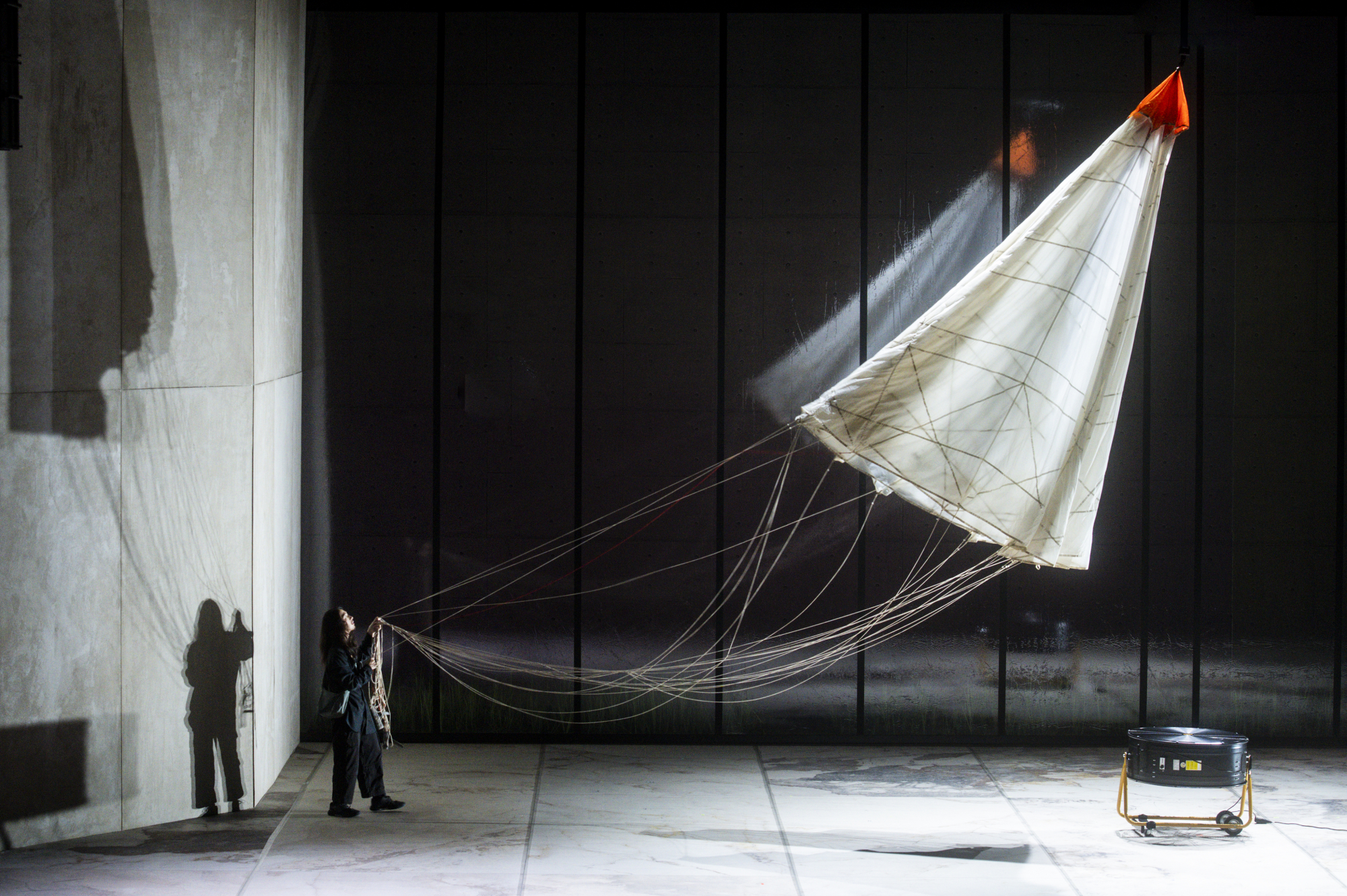
Fig. 4 – Things I Didn’t Dare to Say, and It's Too Late Now, Ryo Ishimoto. Photo by Dmitrijus Matvejevas © Lithuanian National Drama Theatre.
***
Earlier that day, while exploring Vilnius, we stumbled upon another phone booth entirely unrelated to the opera project. In contrast to the one standing in front of the theater, which offered a “second chance” for untold stories to unfold, this chance encounter seemed to embody a sense of missed opportunities. This booth, discovered by coincidence, was out of use, devoid of a phone, and adorned in festive Christmas decorations (Figure 5).
Yet, despite being deactivated and inaccessible, it exuded a certain solemnity, perhaps even a somewhat carnival-like atmosphere. It looked to us like a place of remembrance, a transparent archive of untold stories, a booth for unheard voices, an atlas of undiscovered territories, a stage for hugs that were never shared, kisses that were never given, and a pillow for dreams that were never dreamt. The “booth of missed opportunities” stood there locked, serving as a monument to moments lost, never to be recovered. Perhaps only the act of singing could ever express the sense of vulnerability inherent in such circumstances. That vulnerability is perpetuated, it remains the main force behind Things I Didn’t Dare to Say . Its speaking and singing voices are loaded with vulnerability and echo long after the end of the performance.
The last words of the libretto bring forth the proverb that underpins the whole piece: in the end, we need to look at ourselves in the mirror and question the forces that guided us down certain paths, and not others…
Tipsy man: What’s next? “Beeeep…,” just “beeeep…” And nothing else? Absolutely nothing? Then who am I talking to? Oh, I see. To myself. [7]
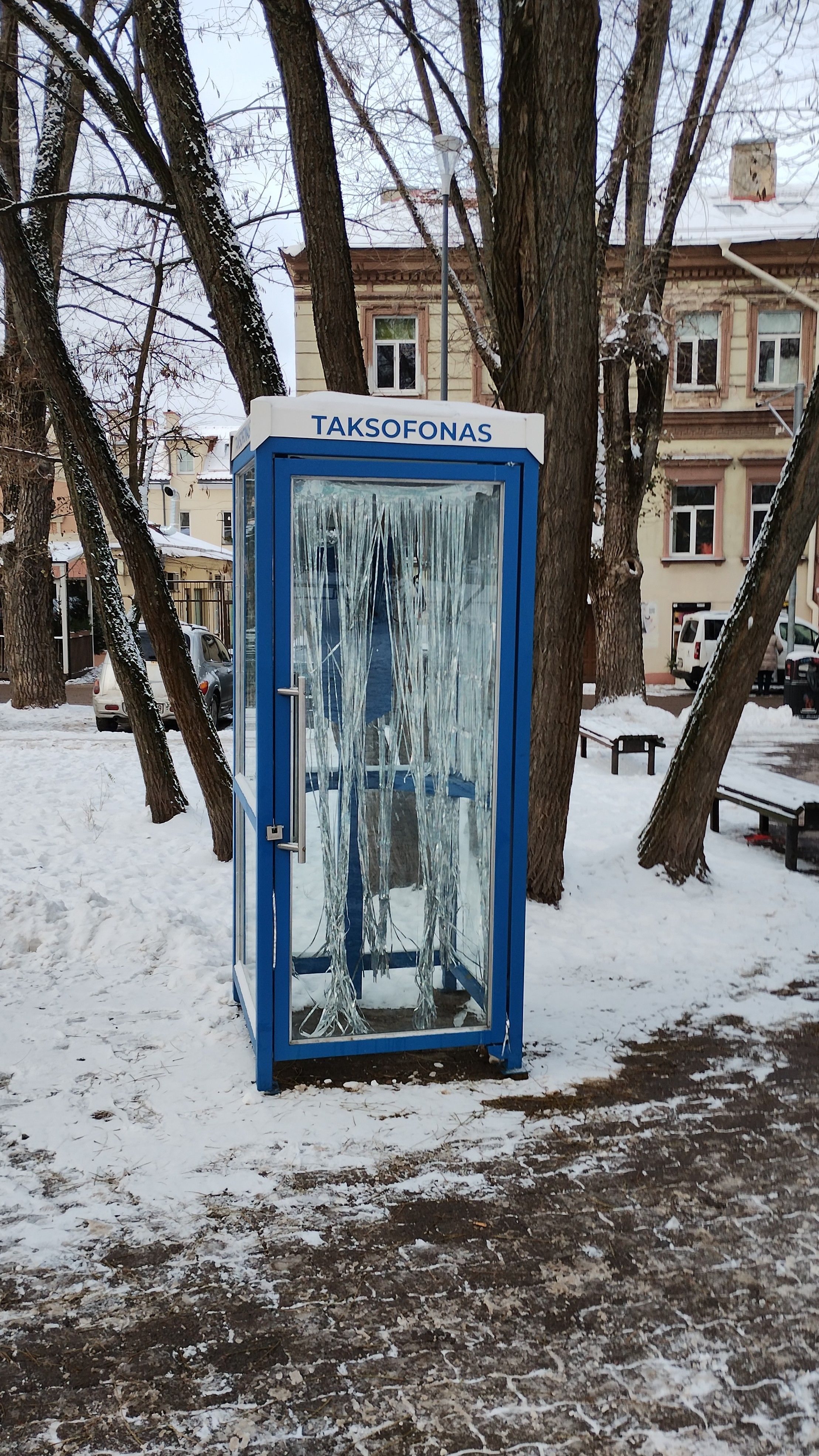
Fig. 5 – “The booth of missed opportunities,” Vilnius. Photo by Jelena Novak.
[1] The article refers to the performance on December the 3rd 2023.
[2] “Operomanija” is funded by the Lithuanian Council for Culture, Vilnius City Municipality, the Ministry of Culture of the Republic of Lithuania, LATGA, AGATA, Nordic Culture Point.
[3] “A Glance at the Past Year and the Year Ahead,” Operomanija official website, accessed May 10, 2024.
[4] Things I Didn’t Dare to Say, and It’s Too Late Now, promotional text (accessed January 18, 2024).
[5] Things I Didn’t Dare to Say, and It’s Too Late Now, libretto (unpublished).
[6] Kate Bush, “Running Up that Hill (A Deal With God),” opening verses. Taken from Kate Bush, Hounds of Love, EMI 062-24 0 3841, 1985, LP.
[7] Things I Didn’t Dare to Say, and It’s Too Late Now, libretto (unpublished).